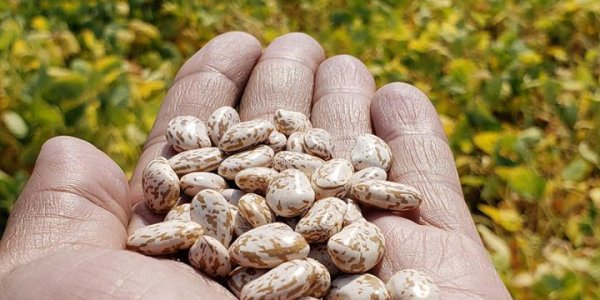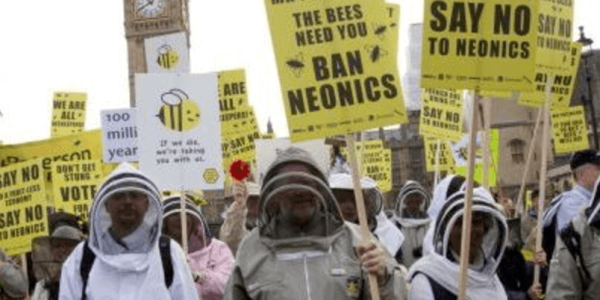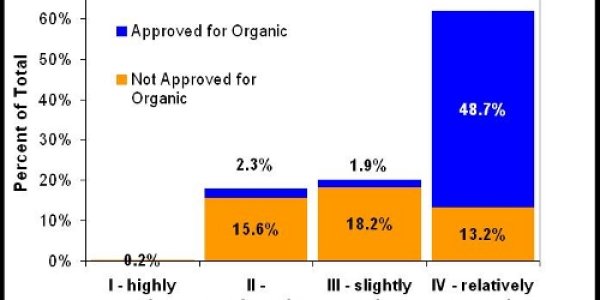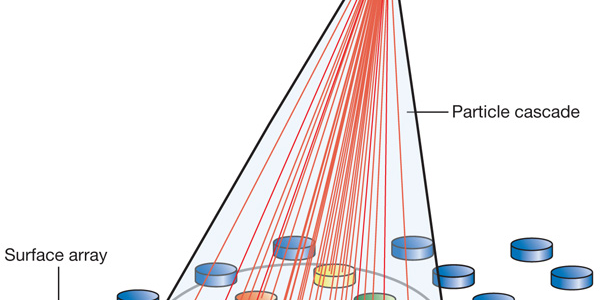EU Says It Will Recycle 70% Of Electric Car Batteries - Here's Why That's Actually Worse For The Environment
Electric cars are popular, thanks to government mandates and subsidies, but they have a problem in the distance; massive amounts of battery waste.
The EU, for example, wants to have 30 million…













